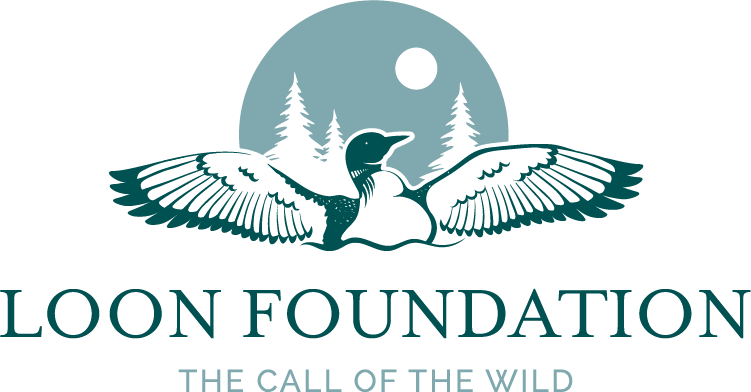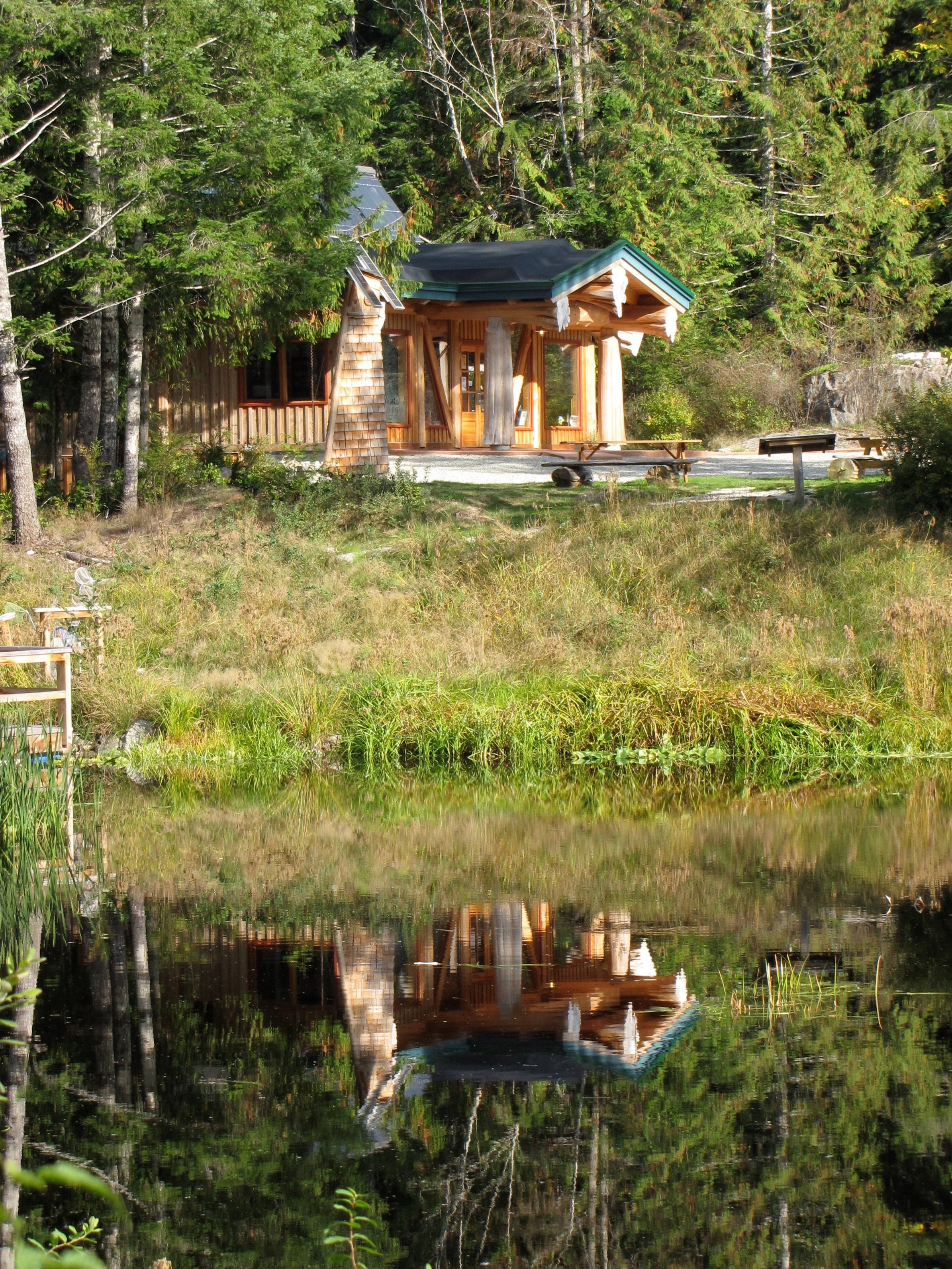
Our Story
The Loon Foundation was founded in 2002 as the Ruby Lake Lagoon Nature Reserve Society, when a small group of passionate local naturalists set out to preserve a ten-hectare plot of second-growth forest surrounding a unique wetland near Pender Harbour, on the beautiful Sunshine Coast of BC.
Since then, our scope has expanded well beyond the Ruby Lake Lagoon, and in 2020 we changed our name to The Loon Foundation to better represent our wide-reaching efforts to conserve biodiversity and foster environmental stewardship.
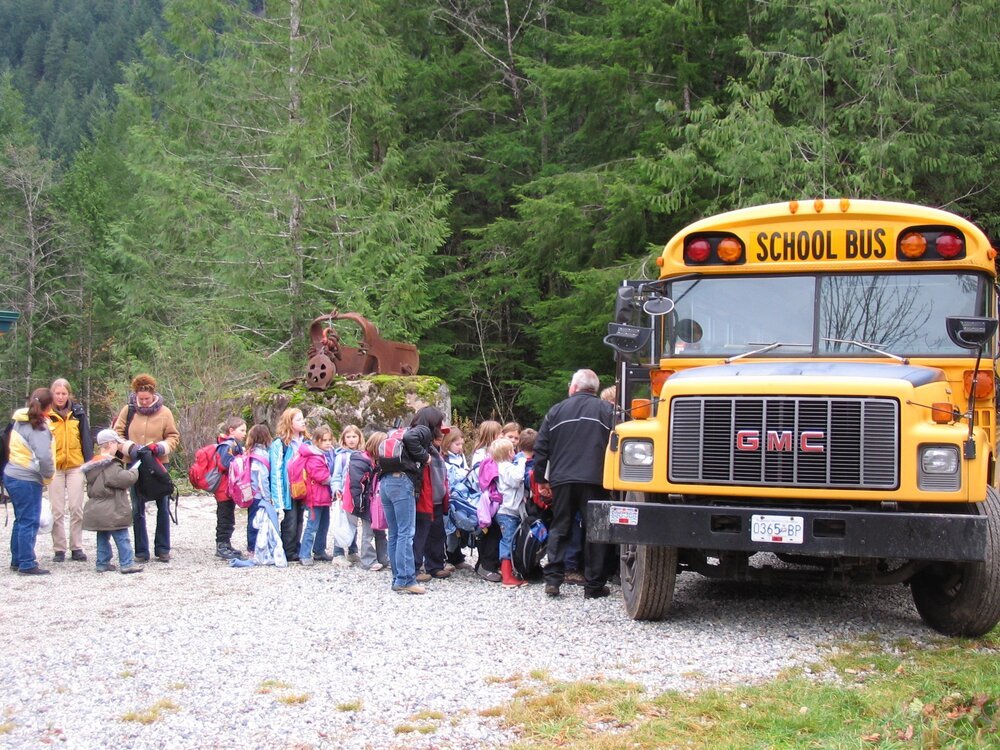
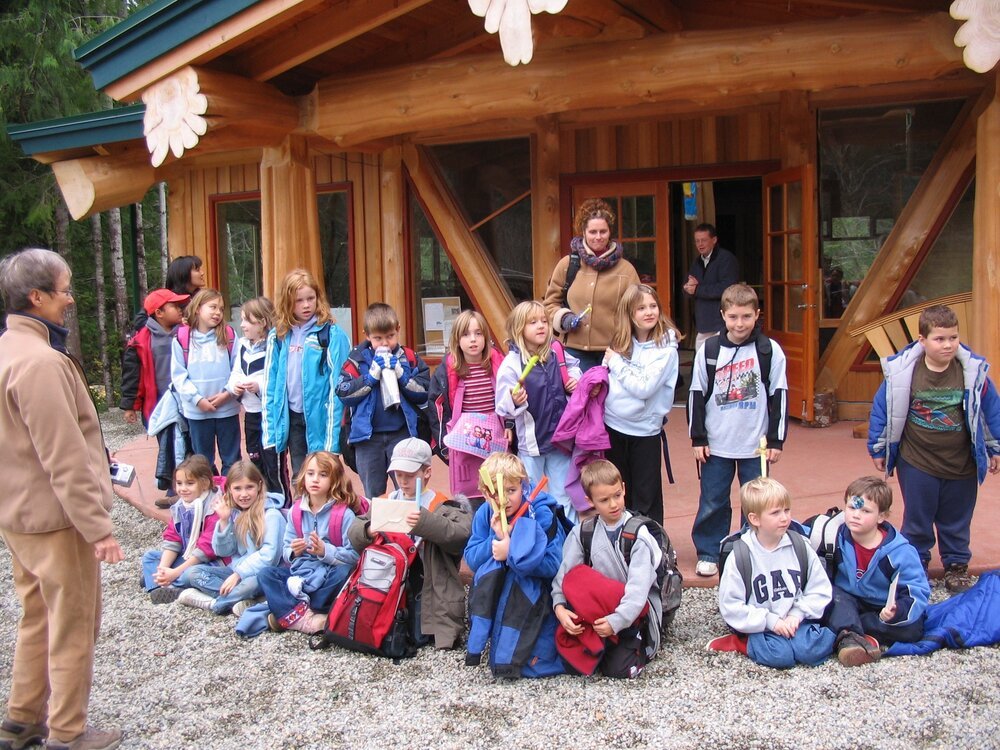
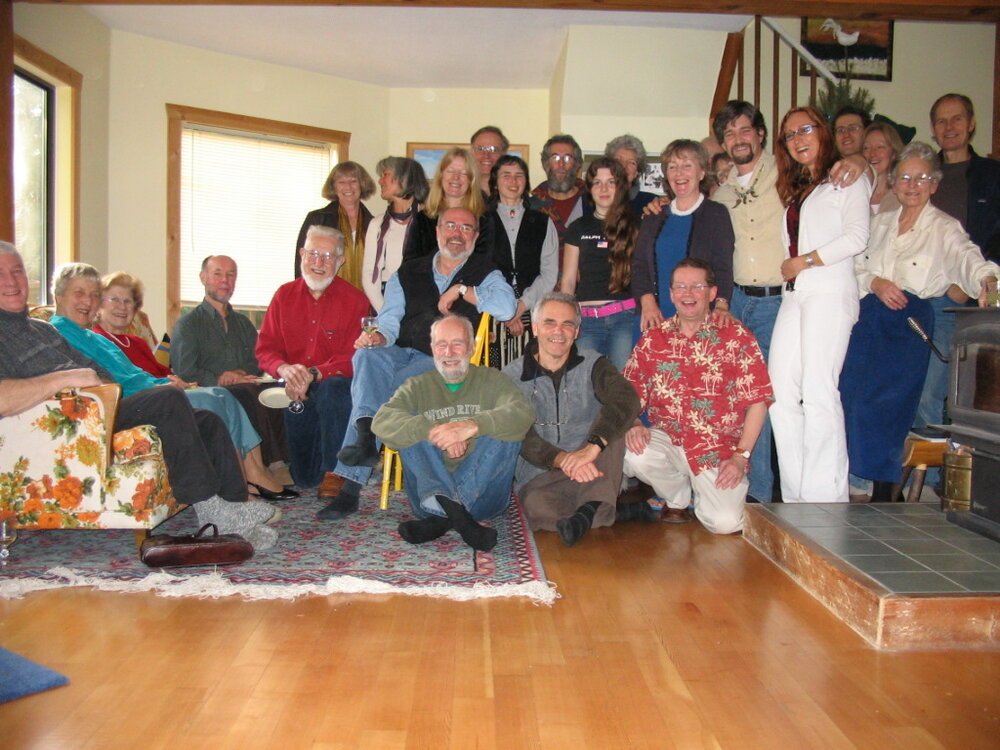
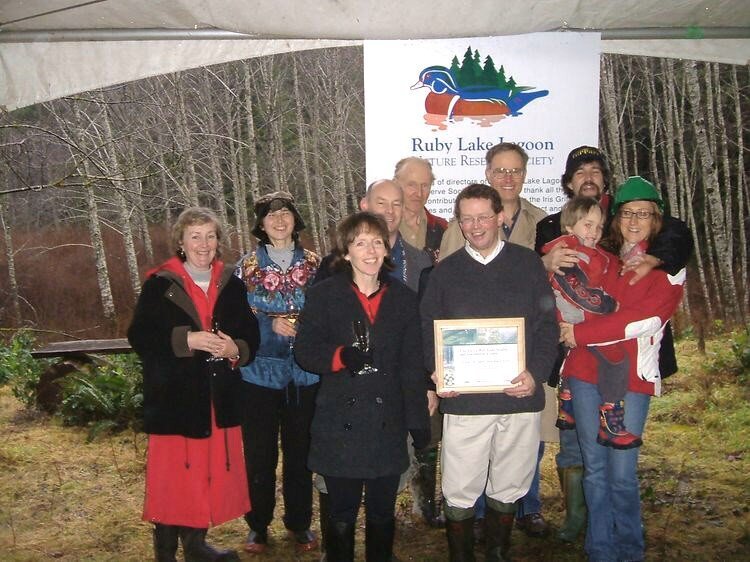
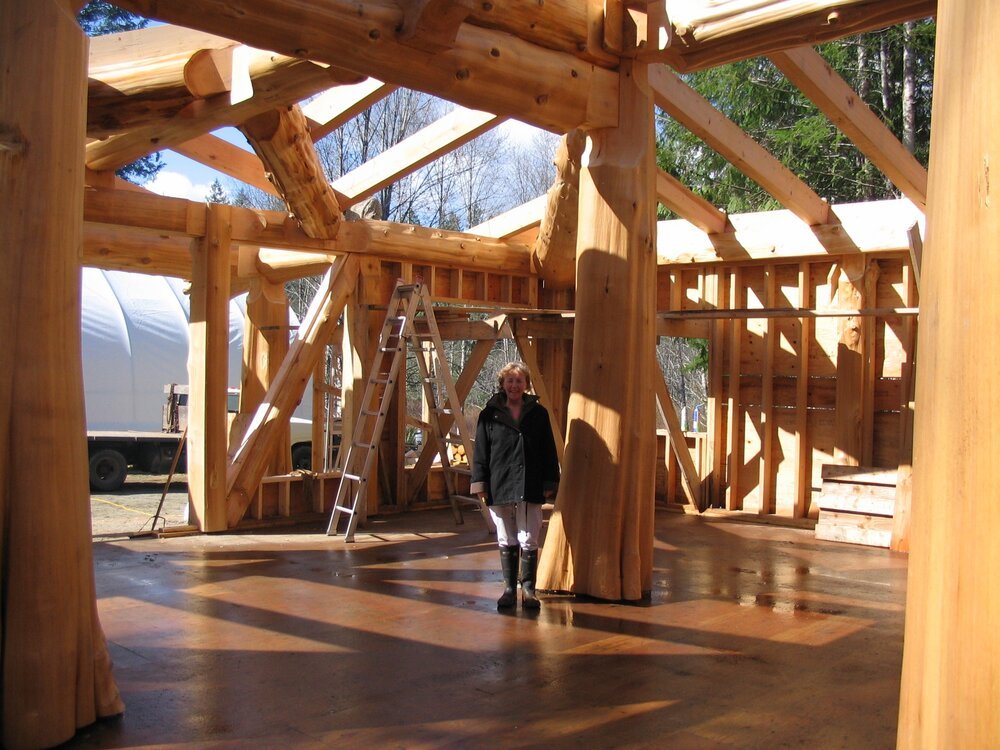
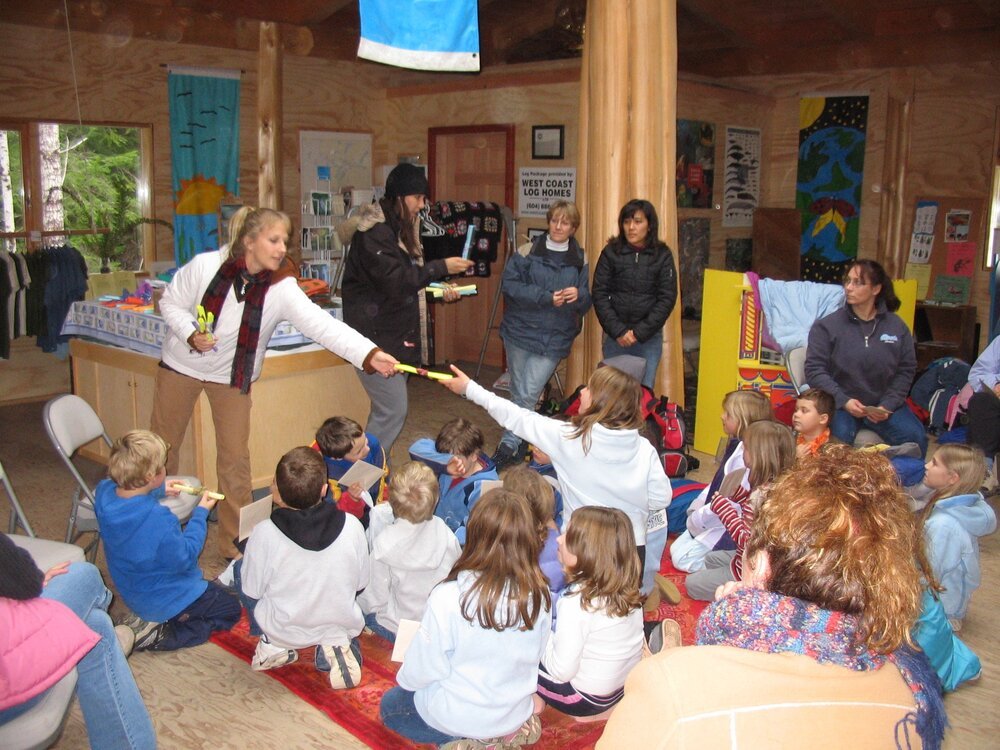
Along the rugged coastline of the Sunshine Coast, where old growth forest meetsmeet magnificent mountains and pristine lakes, a remarkable area exists with rich biodiversity and history. Halfway up the Sunshine Coast is a unique wetland known as the Ruby Lake Lagoon, which was once at serious risk from major development. As a result, a group of passionate local naturalists joined forces in 2002 to protect the lagoon, and this is where our story begins.
With the local community behind us and an unexpected gift from Denise Cargill, a visitor from Ontario, the land was secured, and the Ruby Lake Lagoon Nature Reserve Society was founded. In 2005, with help from a federal grant, the Iris Griffith Field Studies and Interpretive Centre was built in memory of Iris Griffith, a local environmental advocate. The stunning landscape blends the Centre with its natural surroundings, where native plants and restored wetlands flourish. The Centre sits in a nature reserve, surrounded by forest trails and restored fenland habitat that supports precious species like wood ducks, red-legged frogs, dozens of species of dragonflies, and the Western painted turtle. A floating platform on the pond provides an outdoor classroom for school groups to safely explore this amazingly diverse habitat.
The whole reserve is now protected in perpetuity by a Conservation Covenant held by the Sunshine Coast Regional District. Now called the Iris & Billy Griffith Nature Centre (IBGNC), the space has served as a community hub for over 20 years. Here, thousands of volunteers and staff have hosted the Nature School Program, workshops, festivals, and community events. The Centre also acts as a foundation for ecological monitoring, habitat restoration, and countless educational activities, engaging tens of thousands of children and families over the years.
Inspired by the success of the Centre, our mission expanded from wetlands to coastal waters. This shift was inspired by the first-ever Sunshine Coast Biodiversity Summit, which brought together shíshálh Nation, scientists, community leaders, local fishers, and boat-builders to develop the Sunshine Coast Biodiversity Strategy. Out of this summit, the concept of the Pender Harbour Ocean Discovery Station (PODS) was born.
Situated in kalpilin (Pender Harbour) within the swiya (territory/birthplace/world) of the shíshálh Nation, the Pender Harbour Ocean Discovery Station (PODS) is set to become a vibrant community hub for education, research, and environmental stewardship on the Sunshine Coast. Developed in collaboration with the shíshálh Nation, PODS aims to be an extraordinary place where science, arts, culture, and community come together to inspire visitors with the wonders of nature!
Our Premises
-
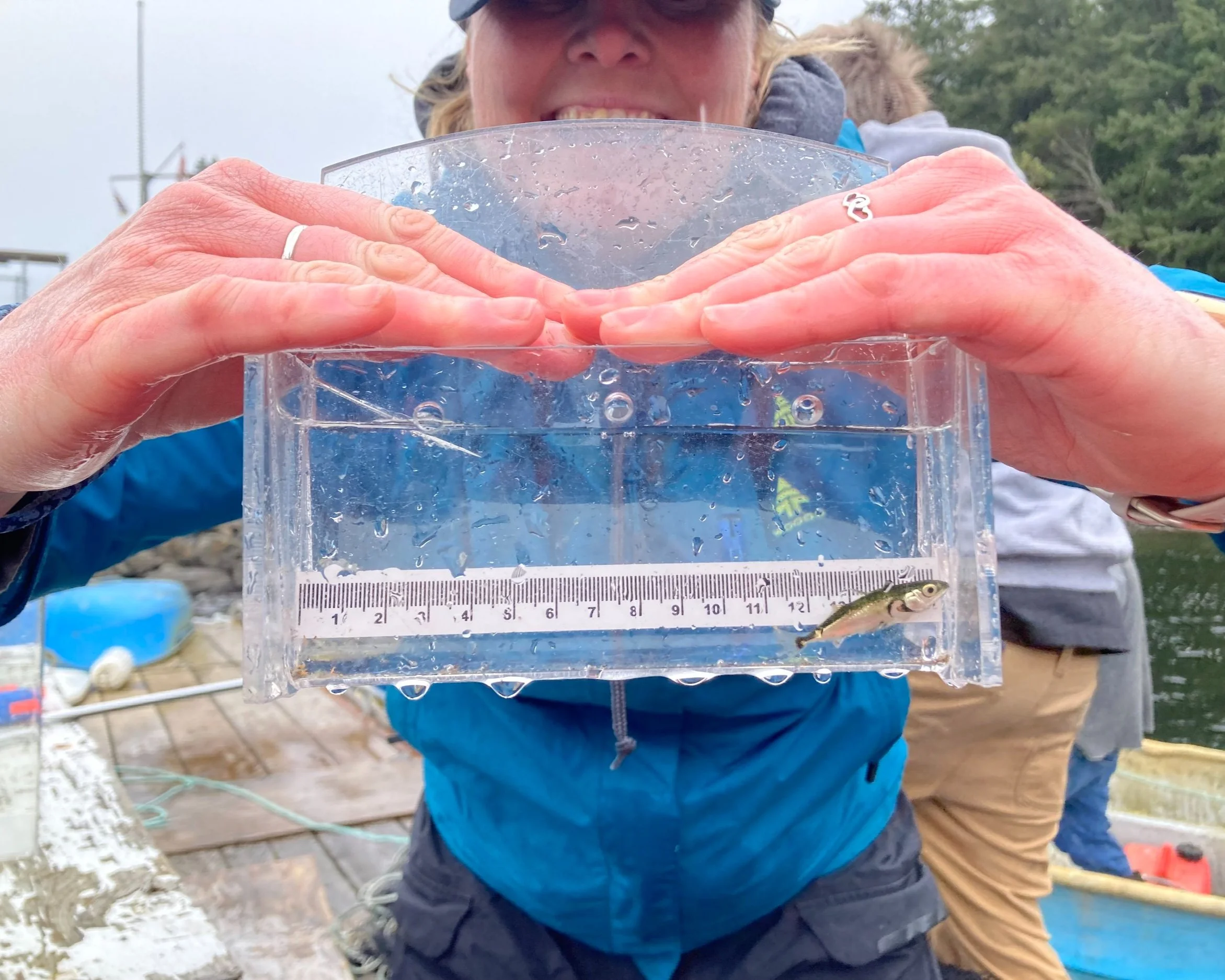
Iris & Billy Griffith Nature Centre
The Iris & Billy Griffith Nature Centre houses a collection of exhibits on our natural world and serves as a base for many exciting community and education programs run by the Loon Foundation! These include tours for the community, our innovative Nature School program for students, along with interpretive programs, workshops, and presentations for students, professionals, hobbyists, and amateur naturalists. The facility is surrounded by beautiful acreage featuring a pond, walking trails, and a restored wetland.
-
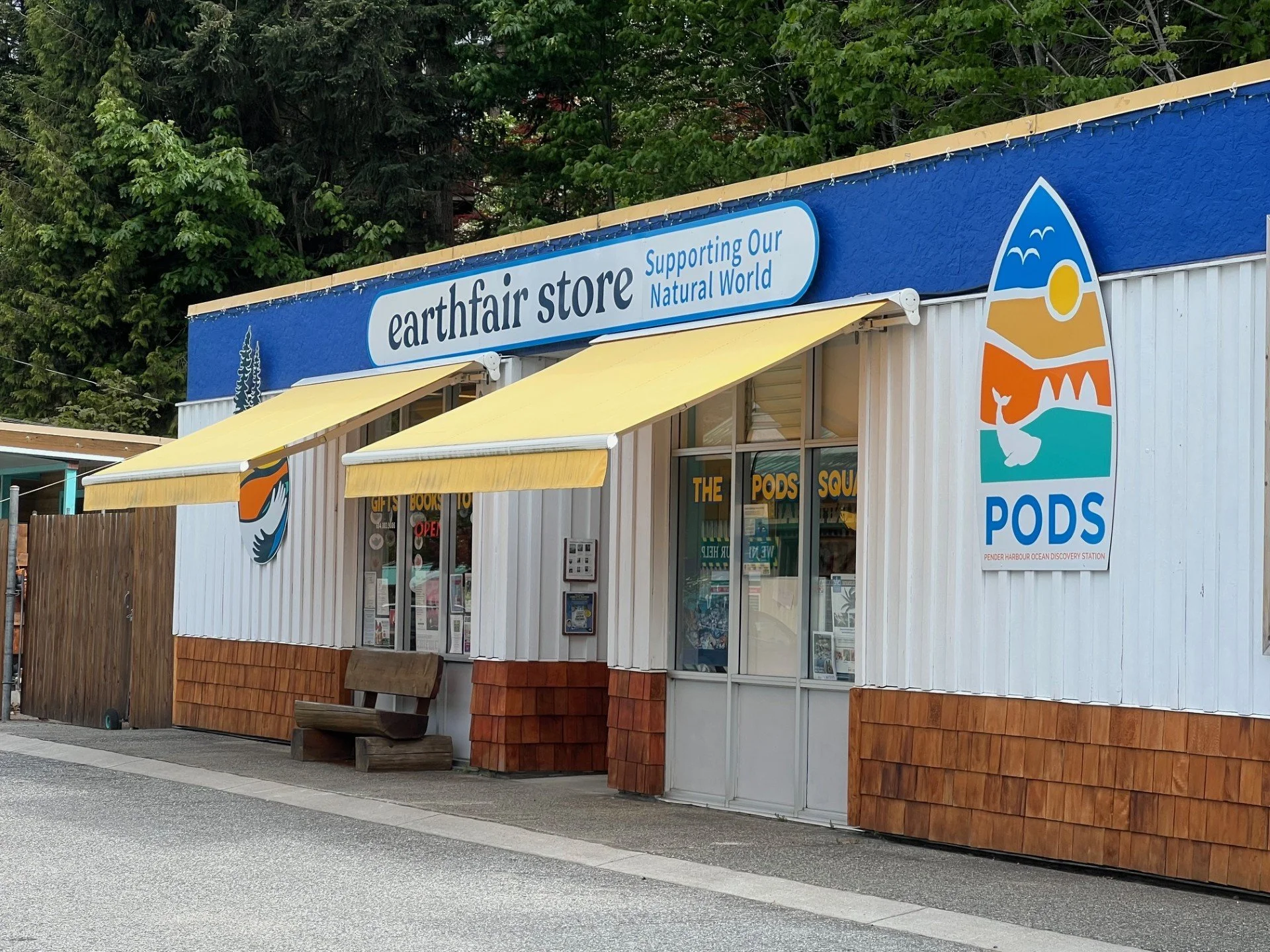
EarthFair Store
The EarthFair Store is run by the Loon Foundation in the heart of Madeira Park. Offering a curated selection of novels, field guides, resources, and a large and ever-changing selection of local and sustainably sourced gifts, the EarthFair Store attracts visitors and locals year-round. The property, purchased by the Loon Foundation in 2020, serves as a community hub and information centre , for the Foundation's operations. All proceeds from the EarthFair Store go to the Foundation and our various projects and initiatives.
-
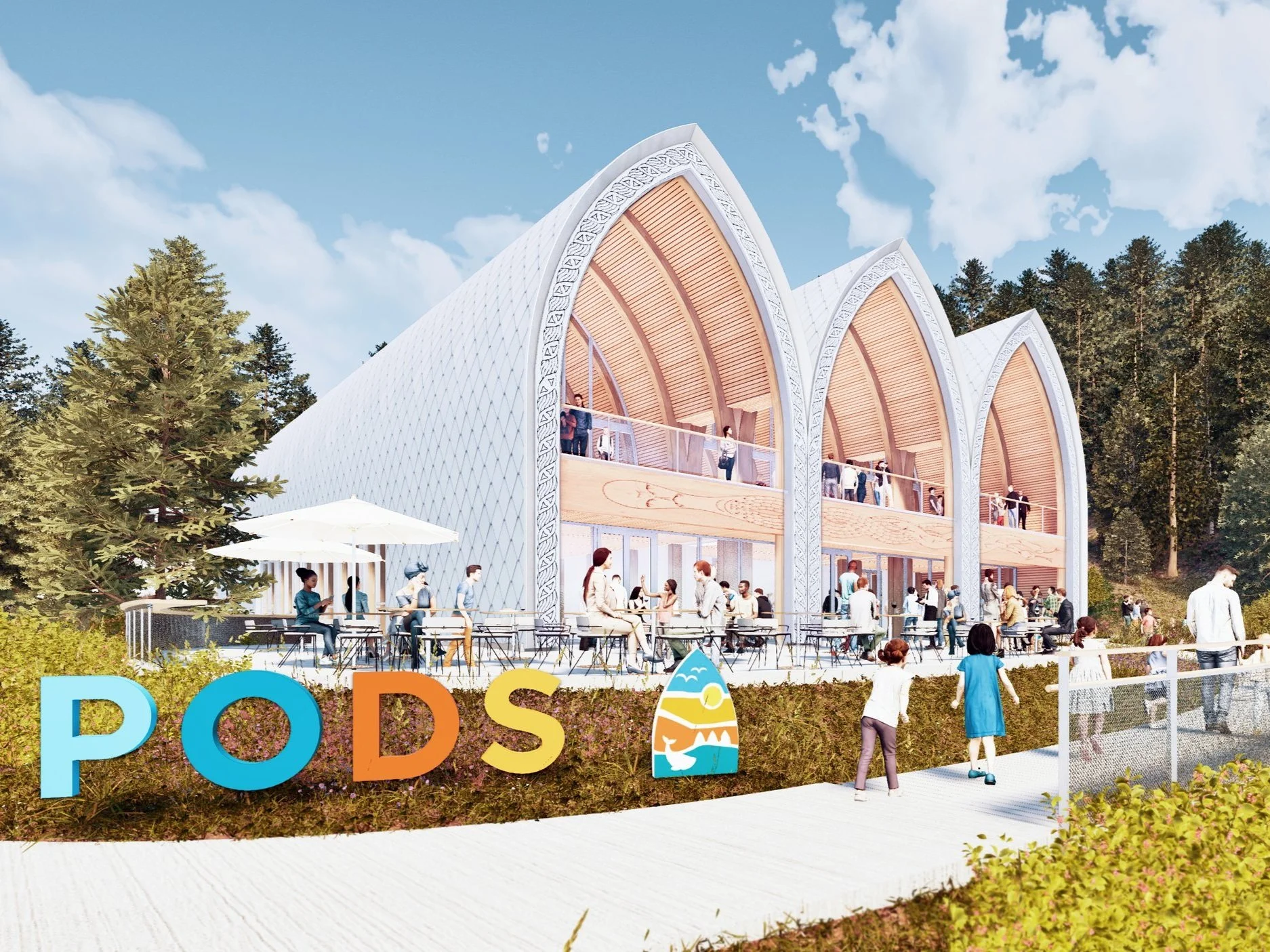
Pender Harbour Ocean Discovery Station (PODS)
Situated in kalpilin (Pender Harbour) within the swiya (territory/birthplace/world) of the shíshálh Nation, the Pender Harbour Ocean Discovery Station (PODS) is set to become a vibrant community hub for education, research, and environmental stewardship on the Sunshine Coast. Developed in collaboration with the shíshálh Nation, PODS aims to be an extraordinary place where science, arts, culture, and community come together to inspire visitors with the wonders of nature!
